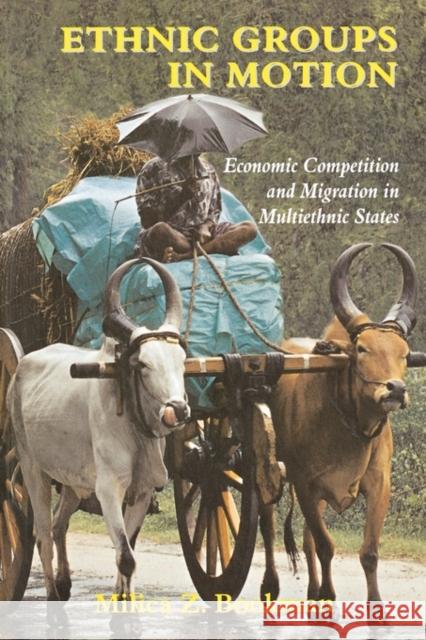Ethnic Groups in Motion: Economic Competition and Migration in Multi-Ethnic States » książka
Ethnic Groups in Motion: Economic Competition and Migration in Multi-Ethnic States
ISBN-13: 9780714682112 / Angielski / Miękka / 2002 / 244 str.
Ethnic Groups in Motion: Economic Competition and Migration in Multi-Ethnic States
ISBN-13: 9780714682112 / Angielski / Miękka / 2002 / 244 str.
(netto: 139,89 VAT: 5%)
Najniższa cena z 30 dni: 140,99
ok. 22 dni roboczych.
Darmowa dostawa!
During a single month in the year 2000, the following seemingly unrelated events occurred across the world. In Kosovo, Serbs and Albanians continued to evict each other from their respective homes. In China, the regulation of internal migration by the central authorities was being reconsidered as Uygur Muslims protest the reigns on their mobility. In Austria, Jorg Haider of the Freedom Party came to power advocating the repatriation of immigrants from Eastern Europe. In the United States, Alan Greenspan, chairman of the Federal Reserve, testified before Congress that it may be necessary to loosen immigration regulations to enable foreign labour to satisfy the demands of the growing US economy. These events share a common denominator, namely the movement of populations. Whether voluntary or involuntary, induced or restricted, domestic or international, large-scale population movements are a feature of the world at the turn of the new millennium.
This title focuses on one aspect of migration, namely its ethnic competition. Rather than observe population movements in general, the study is limited to the movements of specific ethnic groups. It explores the role played by ethnicity in determining which groups move and which groups stay.











